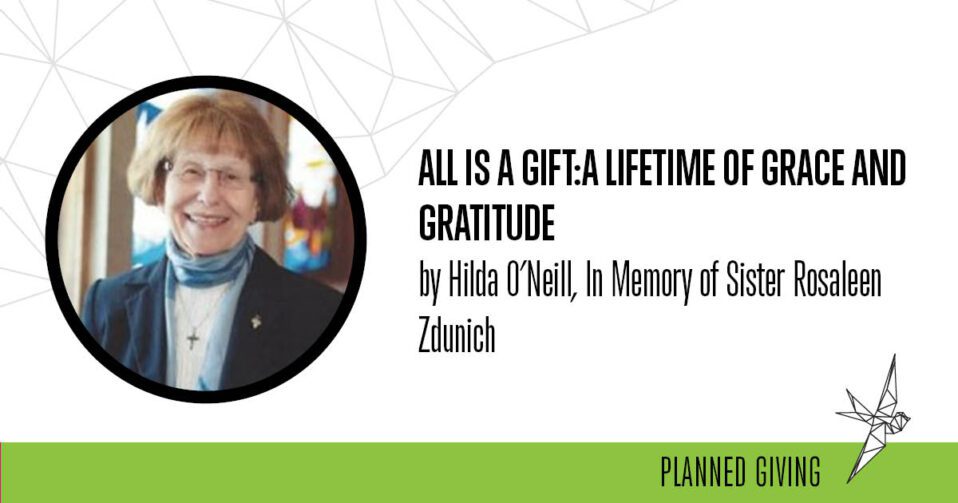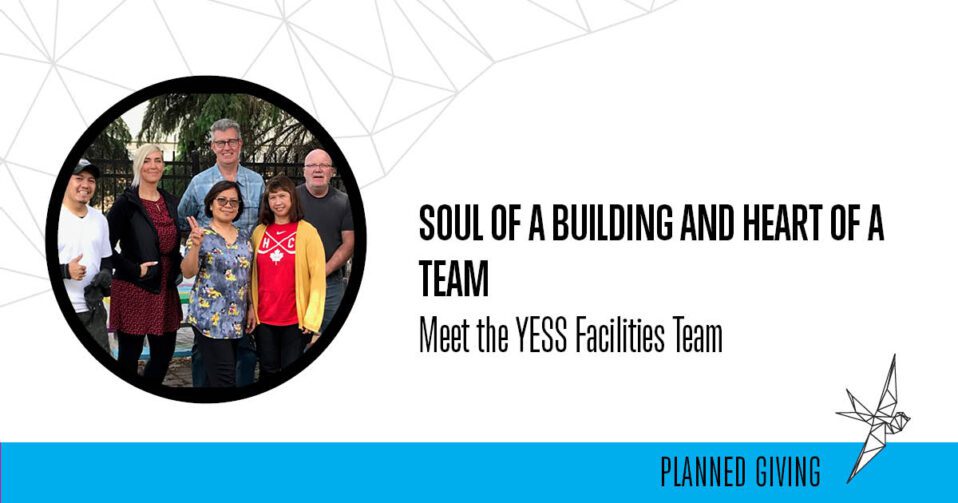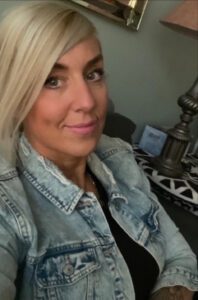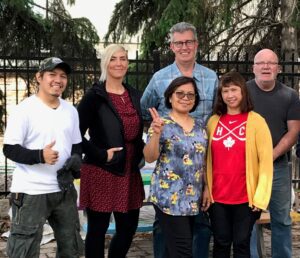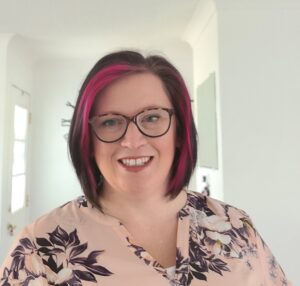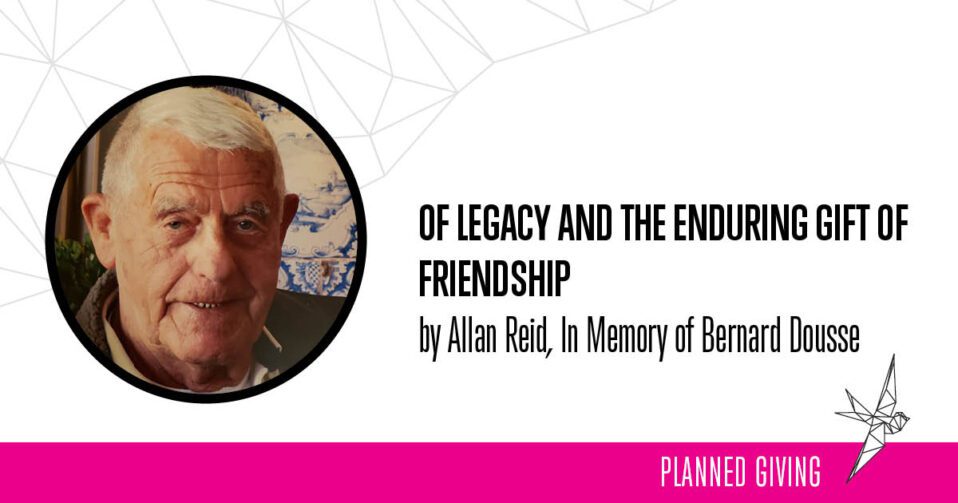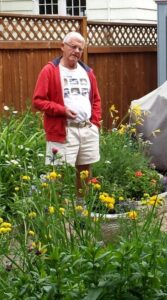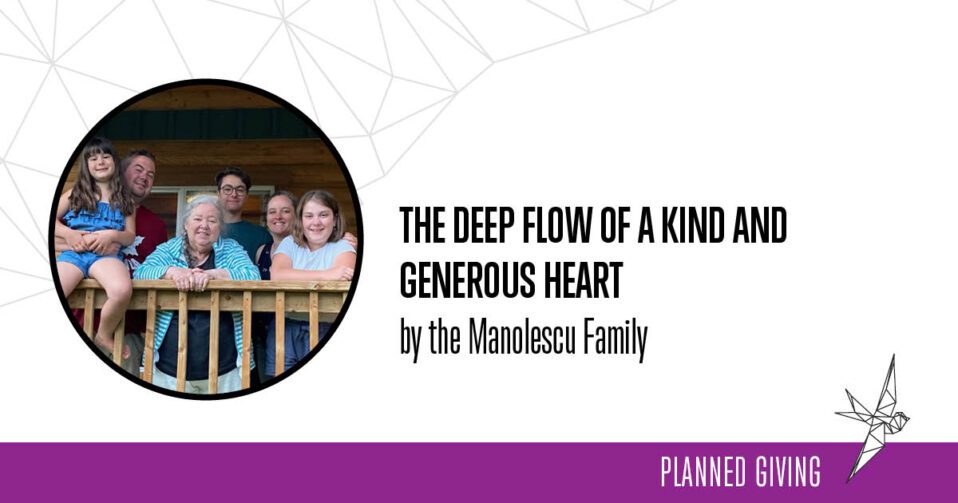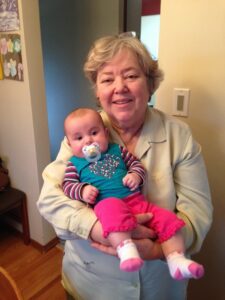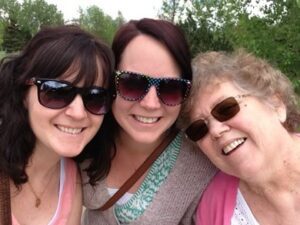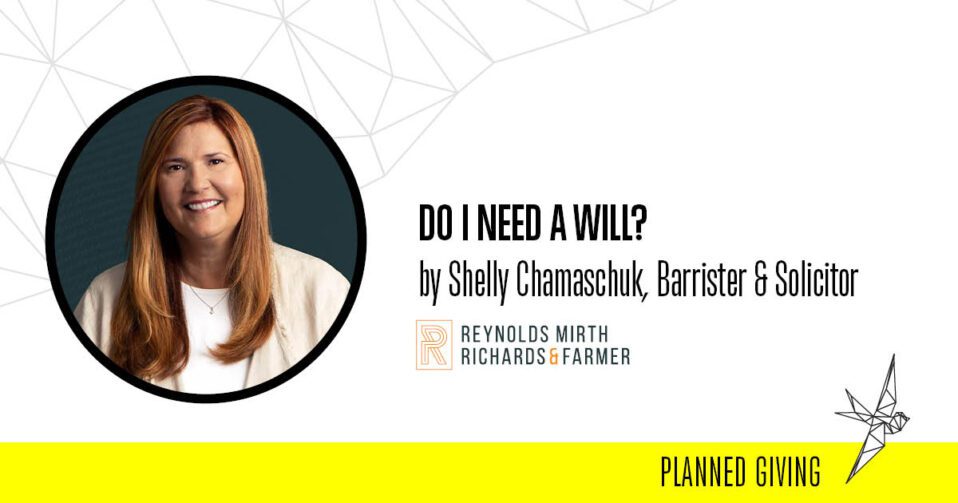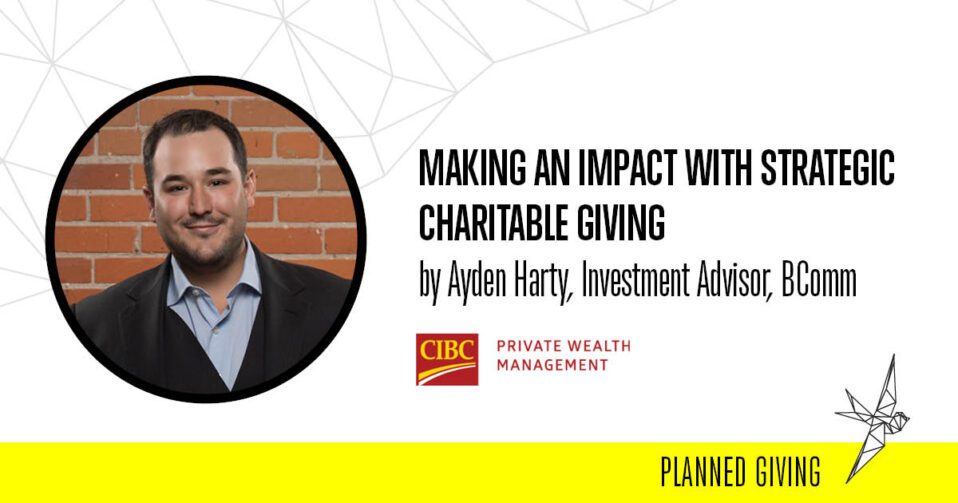“Each of my brothers and sisters lived very interesting lives.” As the youngest and the last of 11 Zdunich siblings, Hilda O’Neill cherishes countless beautiful memories of growing up in a large family. Most recently, great joy was to be found in the time set aside for care and visits with her remaining sister, Rosaleen, who was then in her twilight years. It was a regular practice that she now so greatly misses since Rosaleen’s passing.
YESS is so grateful for the opportunity to learn more about the long and blessed journey of a woman who touched the lives of so many in her lifetime: her family, her religious community and communities, and her many relatives and friends. “Rosaleen lived an extraordinary life! She was generous with her time in life and, in the end, with her money. I was so happy with the various charities that Rosaleen chose to leave a gift to in her will. They reflected causes dear to her heart. And being in education, Rosaleen was happy to help youth.”
Sister Rosaleen Zdunich was a woman of deep faith, prayer, compassion, and sensitivity. She lived a very happy, inspiring, rewarding life, strongly committed to her Roman Catholic tradition. Her work and ministries were faith directed with prayer, hope, joy, remarkable dedication, and passion. Work and friendships came to life with her outstanding creativity, organizational, and leadership skills. Members of the interfaith and the ecumenical communities often remarked on the passion that she had for her work.
Sister Rosaleen studied scripture at the Hebrew University in Jerusalem, received her Bachelor of Education from the University of Saskatchewan, Master’s in Psychological Counselling from Fordham University in New York, and graduate diploma in Religious Education through various universities across the USA. Her background was in education as a teacher, principal, and counsellor. Evidence of students’ appreciation was the contact maintained by many students over the years. Working full time in schools, she volunteered many hours beginning to build understanding among the interchurch and interfaith communities. She was the founder of the Roman Catholic Archdiocese Ecumenical office. She coordinated the annual Ecumenical Institute, the first city-wide prayer service for Christian Unity Week. Now both initiatives fly under the banner of Edmonton Council of Churches.
She was one of the founders of the Edmonton Interfaith Centre and the first coordinator. Sister Rosaleen laid the groundwork for interfaith and ecumenism in Edmonton and Alberta. She organized many activities to bring the Edmonton’s interfaith communities together in understanding and appreciation. One of these was the first Prayer Service for the Elimination of Racial Discrimination which is still being observed. In 1986 she coordinated the first Jewish/Christian dialogue held at Beth Shalom Synagogue with the Rabbi and the Archbishop together leading a prayer service and the dialogue.
She also coordinated several dialogues such as the city’s first Jewish, Christian, and Muslim dialogue and as well as the first Hindu, Christian, Sikh, and Muslim dialogue. She also organized Edmonton’s Centennial celebration led by 14 faith leaders. As they were called forth according to their arrival year to Edmonton, the faith leaders walked down the grand staircase of City Hall. More than 500 people of all faiths celebrated at City Hall to mark the arrival of these religions to Edmonton. She organized many more such events too numerous to mention.
She leaves a legacy to the City of Edmonton of initiating many events to build bridges of peace, harmony, and acceptance within and among the Christian and interfaith communities. These events are still part of Edmonton’s fabric.
Her love for those less fortunate was evident in her many works of charity and kindness. One could find her on Christmas morning serving dinner in the inner city or at other times preparing food to take to the food bank.
She was very involved in her Roman Catholic community and especially her parish community.
In 2012 she was invested into the Alberta Order of Excellence, received the City of Edmonton’s “Salute to Excellence Award” in 2005, and the Alberta Centennial medallion for her dedication to building bridges among the faiths in Edmonton. In 1992 she was recognized by the Canadian Centre for Ecumenism in Montreal for outstanding leadership.
One of the numerous recognitions that Sister Rosaleen received in life was having a tree planted in Israel in her honour—a symbol of hope, love and life to last for generations. We at YESS are likewise profoundly grateful to Sister Rosaleen for the forethought of her inspirational legacy gift and for her faith in the youth as they heal and direct the powerful potential of their minds, talents, creativity, and determination to the future.
To learn more about making a legacy gift, please contact Eileen Papulkas by phone at 780.468.7070 x298 or by email at eileen.papulkas@yess.org

